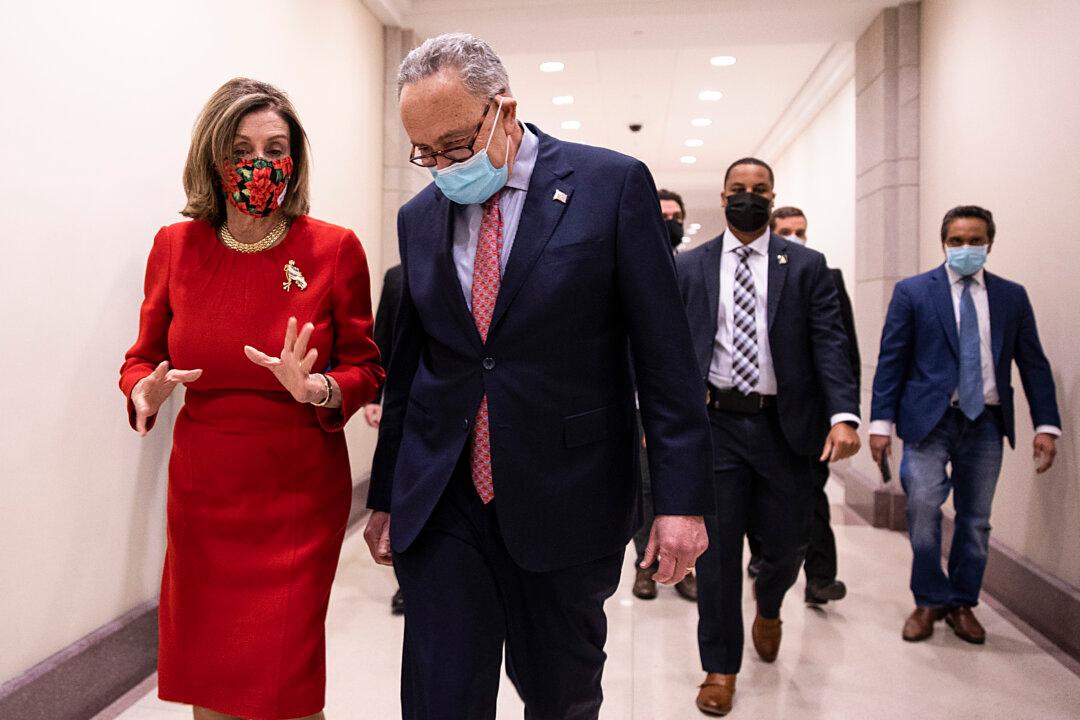Congress is expected to vote on Monday on a newly agreed upon stimulus package, after months of negotiations.
The House of Representatives is scheduled to meet at 9 a.m., with the first vote no earlier than 10 a.m.


The House of Representatives is scheduled to meet at 9 a.m., with the first vote no earlier than 10 a.m.